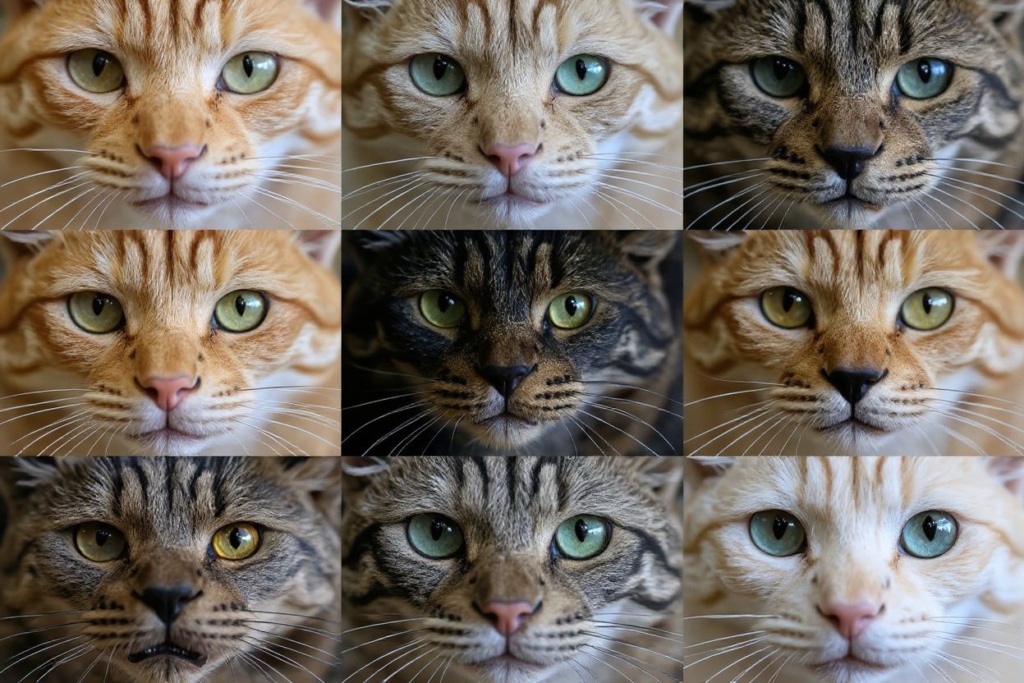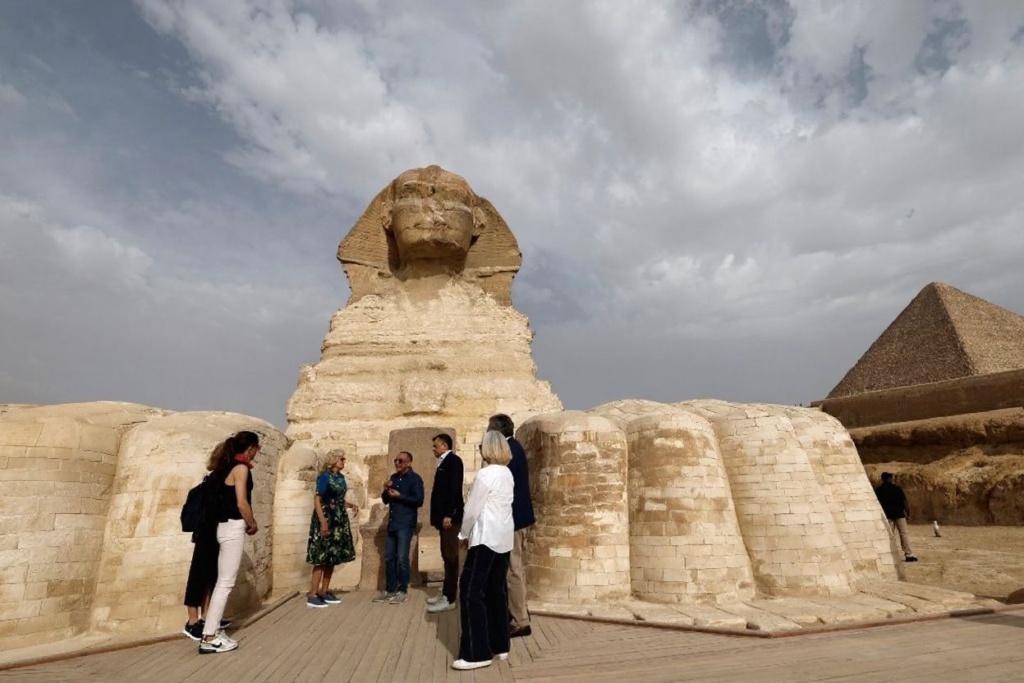
It is no secret that English is one of the most complex languages to learn.
There are grammar rules that appear to have too many exceptions and homographs that share the exact spelling but have different meanings based on their pronunciation.
Worse, some of the hardest words to spell will leave even native speakers confused.
Whether you are fluent in the language or learning to master it, you are probably well aware of the fact that the rules of English spelling often make no sense.
For those who aren’t naturally skilled spellers, this can lead to frustration.
Just as you start to grasp the spelling of one sound, a similar-sounding word pops up with an entirely different spelling — for example, “boulder” and “bolder.”
There are also words with such strange spellings that they might sound like a different language.
While spelling might seem like something minor, it is actually a big concern — especially in the business world.
An incorrect spelling might even affect your chances of securing a job.
According to a survey, 70% of resumes get rejected in the initial screening due to language, spelling and grammar mistakes. Another study revealed that 79% of recruiters and human resource managers identified spelling and grammar errors as the most significant “deal breakers” during the job search process.
Is English difficult to master?
It is often said that English is one of the hardest languages to learn, yet people from all around the world have worked tirelessly to master the language.
From its confusing words to the long list of metaphors, there is no denying that English is complex and challenging to learn — but not impossible.
Despite its difficulties, it is still one of the most spoken languages in the world.
There are over 1.5 billion native and non-native speakers of the English language worldwide. It is the official language in over 40 countries and the language most people seek to learn.
As such, many students today are learning the language to study abroad, work for international businesses, engage in international politics, travel the world, or even just watch their favourite movies.
10 hardest words to spell in English
 “Dilate” refers to pupils becoming bigger or smaller depending on the amount of light.
“Dilate” refers to pupils becoming bigger or smaller depending on the amount of light.
10 hardest words to spell in English
1. Dilate
- What it means: To become or make something wider, larger or more open.
- How to use it in a sentence: Your pupils dilate at night to let in more light.
Surprisingly, this is one of the most complex words to spell, with only six letters. The spelling throws many people off because of how “dilate” is commonly pronounced.
For some reason, many English speakers tend to pronounce “dilate” as a three-syllable word, “di-a-late.” This leads to them and others adding an extra “a” while spelling the word.
It’s time to put this misunderstanding to rest: there is no such thing as “dialate.”
2. Michievous
- What it means: Causing annoyance, minor harm, or someone who desires to cause trouble.
How to use it in a sentence: The mischievous cat knocked over the vase of flowers, leaving a trail of water and petals scattered across the floor.
Do you pronounce this word as “mis-chee-vee-ous?” Well, you might be shocked to learn that you aren’t only spelling it wrong but pronouncing it wrong as well.
It is actually “mis-chi-vous.” This confusion has led to many people spelling the word wrong, thinking that there’s an “i” after the “v.”
The sequence of “ie” in “mischievous” is usually associated with a long “ee” sound, as in words like “piece” or “believe.” However, in “mischievous,” the “ie” actually produces the “i” sound, which can confuse spellers.
The stress in the word falls on the second syllable (“chiv”), which can lead some people to mistakenly insert an “i” after the “v” to match the pronunciation, resulting in “mischeivous.”
Since “mischievous” is not a word used in everyday conversation as often as simpler words, people might not have as many opportunities to use this word. spelling through exposure.
Some people might associate “mischievous” with other words that have a similar ending, such as “adventurous” or “dangerous,” and inadvertently misspell it based on those associations.
 A lemur cools off with a frozen sherbet at the Saint-Martin-la-Plaine Zoo, southeastern France.
A lemur cools off with a frozen sherbet at the Saint-Martin-la-Plaine Zoo, southeastern France.
3. Sherbet
- What it means: A fruit-flavoured effervescent powder eaten as a sweet or used to make a drink.
- How to use it in a sentence: The kids enjoyed cooling down sherbet ice cream on a hot summer day.
Many people struggle with the spelling of “sherbet” because of its unusual pronunciation and the confusion it creates.
The pronunciation of “sherbet” as “shur-bit” can be misleading when spelling the word.
To make matters worse, “sherbet” can also be spelt as “sherbert.” However, the latter is not as commonly used.
“Sherbet” is not as commonly used as some other terms, which means people might not encounter it frequently enough to remember its spelling.
4. Liquefy
- What it means: To make or become liquid.
- How to use it in a sentence: After heating the chocolate in the microwave, it began to liquefy into a smooth and velvety sauce.
The last three letters of “liquefy” make it challenging to spell. You might believe it should be “liquify” like “pacify,” “rectify,” and “clarify.” However, “liquefy” ends with “-efy” and not “-ify.”
It’s only seven letters and is more or less spelt as it sounds. But the last three letters totally throw spellers off. “Pacify,” “clarify,” “specify,” “rectify,” and every other word that follows this spelling pattern uses the “-ify” suffix.
To make matters even more confusing, “liquid” itself is spelt “-qui,” really making you think that the second vowel should be an “i.” But nope—the fact that “liquefy” is spelt with an “e” makes it one of our most challenging words to spell.
Other words that follow this unusual spelling include stupefy, rarefy and putrefy.
 “Fuchsia” is a vibrant plant that blooms all summer long.
“Fuchsia” is a vibrant plant that blooms all summer long.
5. Fuchsia
- What it means: A small plant, often grown in gardens, that has red, purple, or white flowers that hang down. It is also refers to a colour between pink and purple
- How to use it in a sentence: She stood out in the sea of people with her stunning vibrant fuchsia dress.
Many people struggle with the spelling of “fuchsia” due to its letter arrangement and pronunciation.
The combination of “f-u-c-h-s-i-a” is not a typical letter pattern in English words, making it confusing to spellers.
The “s” in “fuchsia” is silent, which is not immediately obvious from its spelling.
The pronunciation of “fuchsia” makes no sense and does not match its spelling. The word is pronounced as “fyoo-shuh” and has everyone confused.
6. Minuscule
- What it means: Something that is very small or teeny tiny.
- How to use it in a sentence: Despite its size, the ant carried a minuscule crumb across the kitchen floor.
You might associate this word with “mini” — derived from “miniature,” another word that refers to something tiny.
It would make sense that you want to spell it as “minuscule,” but the word has no linguistic connection to “miniature” or “mini.”
The “i” in “minuscule” is pronounced as a short “i” sound, but it is often mistaken for a long “i” due to its placement. The “e” at the end of the word is not pronounced, which can confuse spellers
 To “indict” someone is to formally accuse or charge them of a crime.
To “indict” someone is to formally accuse or charge them of a crime.
7. Indict
- What it means: To charge someone with an offence or crime.
- How to use it in a sentence: The grand jury’s decision to indict the suspect on multiple charges marked a significant step towards pursuing legal action against them.
Though the word is pronounced “indite,” it has a “c” in it. This legal term dates back to around 1620 and is a Latin variation on an earlier word spelt “indite.”
To make things even more confusing, “indite” still means writing or composing.
The spelling of this word is confusing as the “c” in “indict” is silent. The pronunciation of “indict” as “in-dyt” doesn’t match its spelling. The “c” and “t” at the end of the word are not pronounced as they might be in similar words like “deduct.”
8. Conscientious
- What it means: The feeling of moral responsibility to do your work carefully and to be fair to others.
- How to use it in a sentence: Sarah was known for her conscientious approach to her work, always double-checking her calculations and paying attention to even the smallest details.
“Conscious” and “conscience” are tricky enough to spell. Take the first eight letters of “conscience,” pronounce them differently, and add another “sh” sound created by different letters, and you’ve got a word for “moral and principled.”
“Conscious” and “conscience” are hard enough to spell. It is no surprise that “conscientious” is one of the hardest words to spell.
The word for moral and principles has 13 letters, many uncommon sound patterns, silent letters and vowel variations.
The sound of “sh” in “conscience” followed by the “ch” sound in “tious” is not a common sound pairing in English, making it unfamiliar to many.
The “sc” combination leads to a “sh” sound, but the “s” is silent in this context. Similarly, the “ti” in “tious” is pronounced “sh” as well, while the “o” is silent.
Placing vowels like “i” and “o” can be confusing. Many might be unsure whether the “i” comes before or after the “o”.
“Conscientious” is also a difficult word to spell as it is not commonly used in everyday conversation, and many are unfamiliar with it.
 The word “pharaoh” originates from Ancient English and refers to a ruler of Egypt.
The word “pharaoh” originates from Ancient English and refers to a ruler of Egypt.
9. Pharoh
- What it means: A ruler of ancient Egypt.
- How to use it in a sentence: The ancient pyramids of Egypt were built under the rule of powerful pharaohs who believed in their divine connection to the gods.
Pharaoh is one of the hardest words to spell in English as it is not as commonly used in everyday language. It originates from Ancient Egyptian and has been adopted into English from various languages over time.
You may not encounter it frequently enough to become accustomed to its correct spelling. Its spelling is easily mistaken because it has many silent letters, such as the silent “a” in the middle.
The pronunciation of “pharaoh” sounds similar to other words that might be more commonly used, such as “farro” or “faro.” The similarity in pronunciation can cause you to misspell it based on how you think it should be written.
10. Sacrilegious
- What it means: Showing great disrespect towards something holy or something people think should be respected.
- How to use it in a sentence: Making jokes about sacred religious symbols is considered sacrilegious and disrespectful to many believers.
The word “sacrilegious” is not a frequently used term in everyday language.
It is a word you would frequently hear if you are religious.
The misspelling often occurs due to confusion about the placement of the “i” and “e” letters and the order of the syllables. Since it is connected to anti-holiness, many people think its root word is “religious” and tend to spell it as “sacreligious.”










